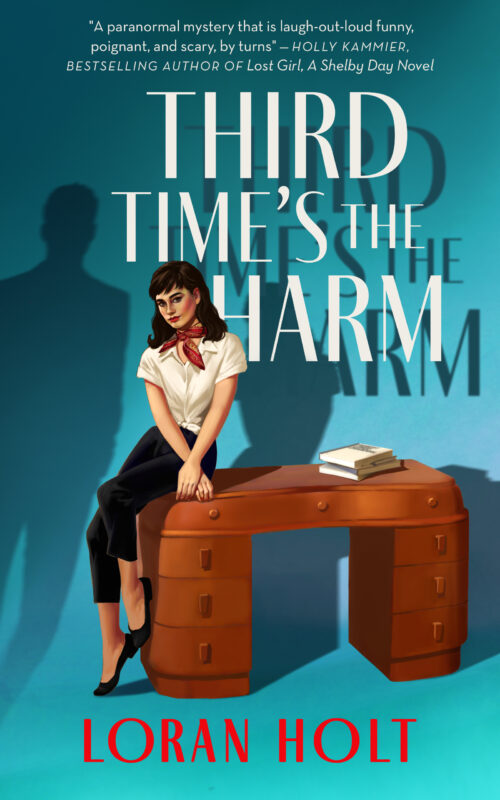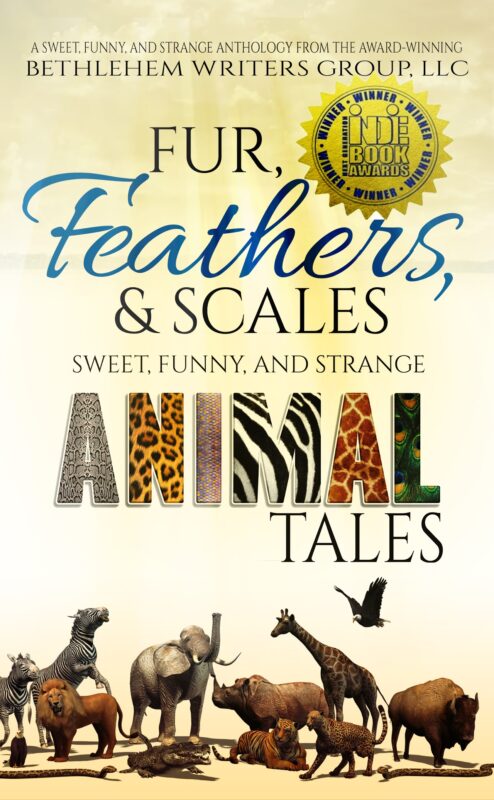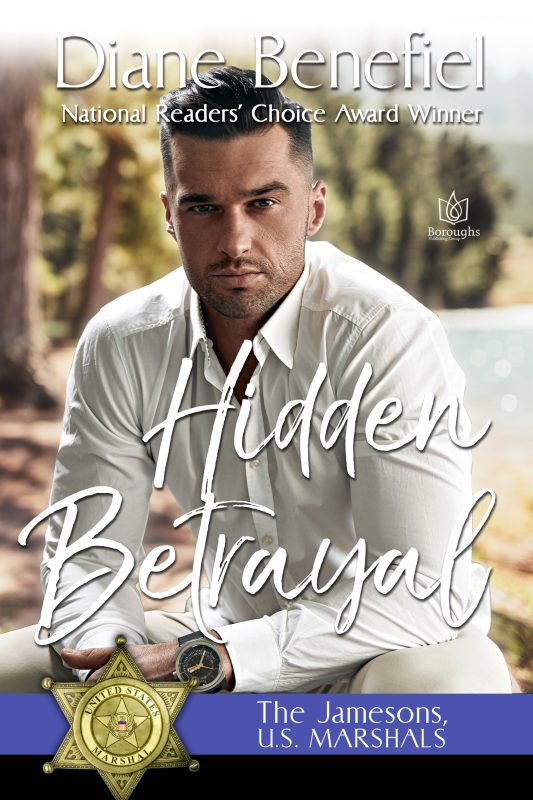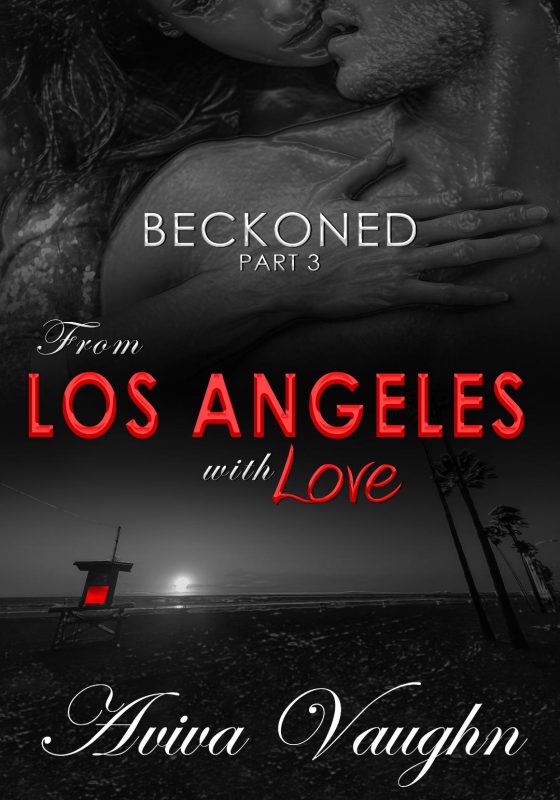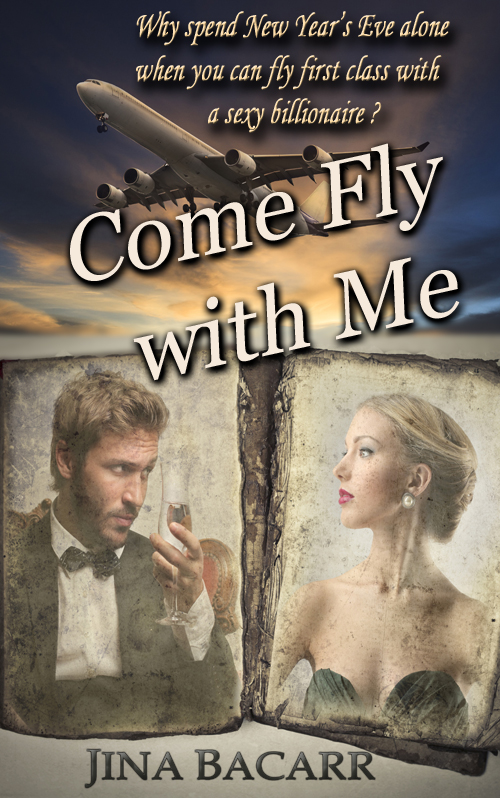Author Interview with Suzanne Forster
April 28, 2007 by A Slice of Orange in category Archives tagged as Author Interview The Climbing Career Path
The Climbing Career Path
of
Suzanne Forster
by Sandy Novy-Chvostal
Suzanne Forster, author of The Arrangement (Mira) released this month, advises writers who have hit a wall to talk to their characters. “Find out who they are, what they want, and most importantly, identify their wound,” says Suzanne. “Pain and pain avoidance are the prime motivators for almost everything we do in life, even our humor.”
And who would know that better than this best-selling author, who never intended to be a romance author, until a fateful accident changed her plans, and then her dreams, as well?
Q. You’ve said that for you, becoming a writer, was literally an accident. Can you explain in more detail?
I had a car accident. I was in a doctoral program in clinical psychology at the time, but the accident was serious enough that I had to drop out. My recovery was a long one, and I began writing to fill the hours. Being Type A, I wasn’t content with something non-taxing, like journal writing. I had to turn it into a novel. Unfortunately, it was a really dreadful novel, and as soon as I was physically able, I started taking classes at the local community college. Within a year I was in enrolled in a novel-writing workshop and involved in my second tome, which was only marginally better than the first. It was the third attempt that made the finals in the Golden Heart, and ultimately became my first published book, Undercover Angel.
Q. How does your background in psychology affect your writing? Characterization?
A: In more ways than I can possibly recount. I thought it might be a drawback because I hadn’t had the exposure to classic literature and story analysis that most English majors have, but once I’d filled in some of the basics with classes in novel, script and poetry writing, I realized that my studies in psychology were going to be a plus. Understanding the different personality types and what motivated them helped tremendously in developing characters and storylines. But it was my curiosity about some of the darker aspects of human behavior and why people do what they do that led me to major in psychology, so I was really fascinated with the unconscious conflicts that drive our defense mechanisms, our manipulations, and create our blind spots. The secrets we keep from each and from ourselves are the basis of many of my suspense plots, and I think my preference for characters with interesting flaws and psychological dilemmas may have been the result of all those hours immersed in Freudian and Jungian theory.
So, the psychology didn’t pay off in any expected way, but it did pay off. It even helped with the romantic comedies I’ve written. Understanding human foibles and frailties and being able to laugh at them has inspired many a quirky plot idea.
Q. What do you enjoy most about writing?
A: I love the idea stage of a story, which for me includes writing the story proposal and the first draft. The second and third drafts, not so much. Revisions, ugh!
Q. What do you find the most challenging about being a writer?
A: My first inclination was to say that revisions are the most challenging, and in a technical sense, I think that’s true. But the most challenging thing about the writing life for me is the isolation. I don’t know what I’d do without my writers’ loops and my Yahoo readers’ group. It used to be the phone that kept me connected, but now it’s the internet.
 Q. If I’ve counted right, The Arrangement (Mira), will be your 30th release. You’ve hit the lists–New York Times, USA Today–and you’re one of the few authors to have received a 5 from Romantic Times. How did this impact your career?
Q. If I’ve counted right, The Arrangement (Mira), will be your 30th release. You’ve hit the lists–New York Times, USA Today–and you’re one of the few authors to have received a 5 from Romantic Times. How did this impact your career?
A: Looking back over the entire twenty-plus years of my career, I think getting the 5 rating from RT had a major impact. I was writing series romance in relative obscurity until then, and no one was more stunned at RT’s announcement than I was, especially since I didn’t know they gave out 5s. It probably also helped that they hadn’t awarded one in the two years before I got mine. Plus, it just happened to be July, the month of the RWA national conference, so there was the advantage of lots of writers congregated in one place, and lots of buzz. Timing really is everything, but I had nothing to do with that, of course. It was just dumb luck, for which I am eternally grateful.
I suspect the 5 was also instrumental in my move from series to single title because of the agents and editors who might not have noticed or read my work otherwise. And again the timing was such that romance sales were strong, and several series authors were being encouraged to move into single title. Editors were actually looking for authors who might be able to make the move, and Again I was fortunate enough to be in the right place at the right time. I sometimes wonder what the probability is of the convergence of all those elements at one time. It wouldn’t surprise me if it were similar to winning the lottery. I was just very very lucky.
Another career event that made a big difference was having the interest of more than one publisher when I moved into single title. That created a small, but significant, bidding situation that made it possible for me to write a single title book for as much as I’d been making writing several series romances. Otherwise, it would have been very difficult financially. In general, single title books are longer and more complex, but the starting advances often don’t reflect that. It’s one of the reasons many series writers have elected not to make the move. Again, for me, it was timing, luck, and a bit of networking that made the difference.
Q. Besides your popularity, was there another factor that instigated the bidding war?
A: There were several. As I mentioned, some very popular series authors had moved into single title and were doing extraordinarily well. They blazed the trail for all of us who followed. The resurgence of interest in sexy romantic suspense helped too. My series romances had been evolving in that direction, and while my editor nurtured that interest, she also noticed that my stories were bursting at the seams. She was several steps ahead of me in thinking that I might be ready to make the move. Ironically, she moved before I did to another publisher.
She took an editing position at another publishing house, but remained interested in working with me. That’s how the bidding situation came about. I’d been writing series, so there was no option clause involved. Technically, I was free to submit my single title idea to both my current editor and the editor who’d moved, and both agreed to look at a detailed story proposal in lieu of a partial manuscript, which would have involved a short synopsis and chapters.
Talk about pressure. I knew I had to come up with the mother of all synopses, because that was essentially what I would be doing–writing a longer, more detailed synopsis with all the hooks and selling points of a story proposal. I opened with a two-paragraph teaser, similar to a back cover blurb, but my real goal was to make the ensuing pages read like a page-turning short story. In this case, it worked. That synopsis resulted in a two-book, six-figure deal and the story proposal became my single title debut novel, Shameless.
Q. Is there anything you wish you’d done differently?
A: Oh, so many things. In retrospect, it seems as if I’ve made questionable choices several times along the way. I’d be in trouble if I were to go into detail, but generally speaking, things like staying with agents and publishers when I probably should have left, and leaving agents and publishers when I probably should have stayed, and every other possible combination of those variables. But I also know that I made the best decisions I could have at the time, given what I knew. So yes, there may be a couple things I would do differently if I could travel back in time, but I don’t regret anything. Regretting choices is a time and energy waster, very counterproductive. Whoever came up with keep your eye on the prize had the right idea.
Q. What advice do you have for new writers?
A: Nothing very exciting, I’m afraid. More than anything, I’d say a writing career takes discipline and perseverance and wanting it really bad. Most of those popular slogans are good advice, such as following your bliss and staying the course, and then there’s Nikes’ Just Do It, which is as profound as it is simple, if you think about it. But don’t think about it, just do it.
Q. Advice for writers that may have hit a wall?
A: If you’ve hit a wall while writing, talk to your characters. You’ve probably lost touch with them or perhaps didn’t know them well enough in the first place. Plumb the depths. Find out who they are, what they want, and most importantly, identify their wound. I think it was Joan Didion who said write from the wound. Pain and pain avoidance are the prime motivators for almost everything we do in life, even our humor.
(Don’t miss reading about Suzanne’s advice on sexual tension in this month’s issue of OCC’s Orange Blossom.)
Sandy Novy-Chvostal (aka Sandra Paul) has a degree in journalism, but prefers to write from the heart. She is married to her high school sweetheart and they have three children, three cats, and one overgrown “puppy.” Romantic Times has labeled Sandra Paul’s work as “outrageously funny and surprisingly perceptive” while Rendezvous stated “Sandra Paul is imagination with wings.”
Affiliate Links
A Slice of Orange is an affiliate with some of the booksellers listed on this website, including Barnes & Nobel, Books A Million, iBooks, Kobo, and Smashwords. This means A Slice of Orange may earn a small advertising fee from sales made through the links used on this website. There are reminders of these affiliate links on the pages for individual books.
Search A Slice of Orange
Find a Column
Archives
Featured Books
THIRD TIME’S THE HARM
Uncle James wants her to investigate a murder. His, that is.
More info →FUR, FEATHERS AND SCALES: Sweet, Funny, and Strange Animal Tales
So cuddle up with your favorite pet-real or imaginary. No matter. You'll find just the right story to share.
More info →COME FLY WITH ME
London’s Heathrow airport
New Year’s Eve
Kacie Bennett is stranded in London and desperate to get home to avert a family crisis. She’s shocked when a tall, dark handsome stranger offers her a first class airline ticket, no strings attached.
More info →Newsletter
Contributing Authors
Search A Slice of Orange
Find a Column
Archives
Authors in the Bookstore
- A. E. Decker
- A. J. Scudiere
- A.J. Sidransky
- Abby Collette
- Alanna Lucus
- Albert Marrin
- Alice Duncan
- Alina K. Field
- Alison Green Myers
- Andi Lawrencovna
- Andrew C Raiford
- Angela Pryce
- Aviva Vaughn
- Barbara Ankrum
- Bethlehem Writers Group, LLC
- Carol L. Wright
- Celeste Barclay
- Christina Alexandra
- Christopher D. Ochs
- Claire Davon
- Claire Naden
- Courtnee Turner Hoyle
- Courtney Annicchiarico
- D. Lieber
- Daniel V. Meier Jr.
- Debra Dixon
- Debra H. Goldstein
- Debra Holland
- Dee Ann Palmer
- Denise M. Colby
- Diane Benefiel
- Diane Sismour
- Dianna Sinovic
- DT Krippene
- E.B. Dawson
- Emilie Dallaire
- Emily Brightwell
- Emily PW Murphy
- Fae Rowen
- Faith L. Justice
- Frances Amati
- Geralyn Corcillo
- Glynnis Campbell
- Greg Jolley
- H. O. Charles
- Jaclyn Roché
- Jacqueline Diamond
- Janet Lynn and Will Zeilinger
- Jeff Baird
- Jenna Barwin
- Jenne Kern
- Jennifer D. Bokal
- Jennifer Lyon
- Jerome W. McFadden
- Jill Piscitello
- Jina Bacarr
- Jo A. Hiestand
- Jodi Bogert
- Jolina Petersheim
- Jonathan Maberry
- Joy Allyson
- Judy Duarte
- Justin Murphy
- Justine Davis
- Kat Martin
- Kidd Wadsworth
- Kitty Bucholtz
- Kristy Tate
- Larry Deibert
- Larry Hamilton
- Laura Drake
- Laurie Stevens
- Leslie Knowles
- Li-Ying Lundquist
- Linda Carroll-Bradd
- Linda Lappin
- Linda McLaughlin
- Linda O. Johnston
- Lisa Preston
- Lolo Paige
- Loran Holt
- Lyssa Kay Adams
- Madeline Ash
- Margarita Engle
- Marguerite Quantaine
- Marianne H. Donley
- Mary Castillo
- Maureen Klovers
- Megan Haskell
- Melanie Waterbury
- Melissa Chambers
- Melodie Winawer
- Meriam Wilhelm
- Mikel J. Wilson
- Mindy Neff
- Monica McCabe
- Nancy Brashear
- Neetu Malik
- Nikki Prince
- Once Upon Anthologies
- Paula Gail Benson
- Penny Reid
- Peter Barbour
- Priscilla Oliveras
- R. H. Kohno
- Rachel Hailey
- Ralph Hieb
- Ramcy Diek
- Ransom Stephens
- Rebecca Forster
- Renae Wrich
- Roxy Matthews
- Ryder Hunte Clancy
- Sally Paradysz
- Simone de Muñoz
- Sophie Barnes
- Susan Squires
- T. D. Fox
- Tara C. Allred
- Tara Lain
- Tari Lynn Jewett
- Terri Osburn
- Tracy Reed
- Vera Jane Cook
- Vicki Crum
- Writing Something Romantic
Affiliate Links
A Slice of Orange is an affiliate with some of the booksellers listed on this website, including Barnes & Nobel, Books A Million, iBooks, Kobo, and Smashwords. This means A Slice of Orange may earn a small advertising fee from sales made through the links used on this website. There are reminders of these affiliate links on the pages for individual books.

